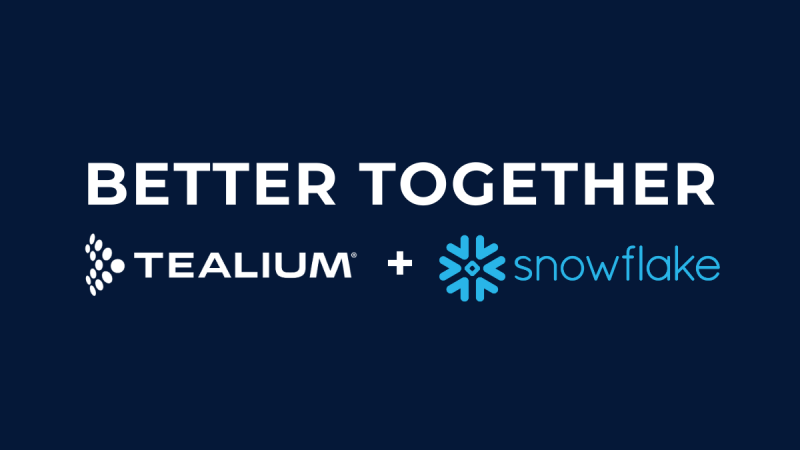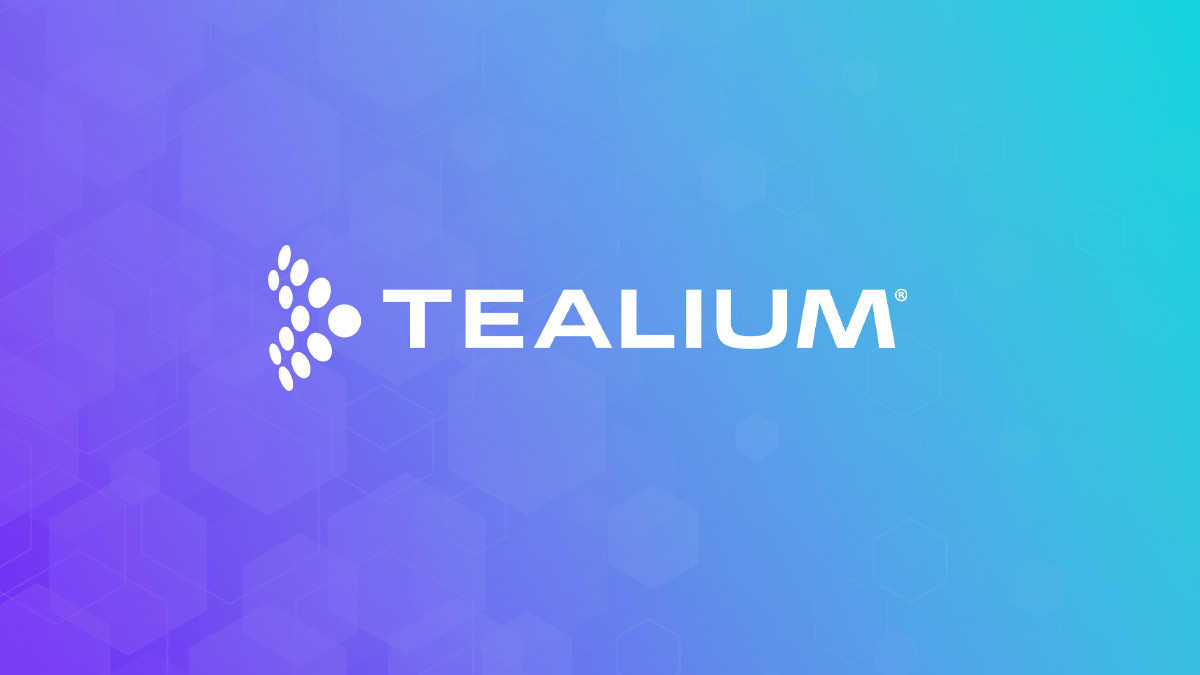Nearly 50% of marketers say obtaining a unified customer view is key to long-term success; better personalization, segmentation seen among top benefits
SAN DIEGO, CA (June 25, 2014) – With the number of siloed applications and fragmented data sources spiraling out of control, organizations that embrace unified marketing are experiencing much stronger results than their peers who are doing nothing to tie their technologies and data together. This includes a 42 percent higher score in turning data into action, a 38 percent improvement in maximizing their existing marketing tools, and a 69 percent increase in quantifying marketing results. These are among the key findings of a new survey released today by Econsultancy and Tealium entitled, “The Path to Unified Marketing: Unlocking Potential Through Integrating Applications and Data,” which explores the challenges and opportunities that businesses are experiencing in unifying their marketing initiatives.
The 20-page report, which can be downloaded for free ($695 value), includes survey results from 313 client-side marketers at B2C and B2B organizations. Key findings include:
- Data fragmentation, caused in part by the massive growth in siloed marketing applications, is the No.1 data concern among organizations.
- 47 percent of marketers say that gaining a unified view of the customer is key to their long-term success, but only 14 percent of respondents claim a strong capability in that area.
- The top three benefits of unified marketing, both perceived and actual, are 1) better personalization; 2) improved customer service, and 3) enhanced ability to segment customers.
- When asked about their approach to unified marketing, 45 percent of large organizations ($50M+ in revenue) were engaged in a data warehousing project, while 28 percent said they weren’t doing anything. By comparison, small businesses (less than $50M) were nearly flipped at 16 percent and 42 percent respectively. This highlights the differences between the “haves” and “have-nots” when it comes to funding data initiatives.
- Many businesses are using marketing clouds for unification, including 18 percent of small businesses and 13 percent of enterprises.
- 51 percent of respondents say that for them to succeed in using data, it needs to be easy for marketers to understand and work with.
“The whole industry is grappling with having disparate marketing applications and data sources. This study looks at the issues and how some organizations are overcoming them,” said Stefan Tornquist, vice president at Econsultancy, an independent research and media company. “We’ve been talking about the potential for unified data and applications for some time, and it’s exciting to see companies finally benefiting from it.”
“We strongly believe in the power and promise of marketing technology and, as this survey suggests, businesses are just scratching the surface of what’s possible when a unified marketing strategy is implemented,” said Tracy Hansen, CMO at Tealium, the global leader in enterprise tag management and real-time unified marketing solutions. “Tealium provides a platform for marketers to ‘build their own marketing cloud,’ so they can easily connect and integrate all their best-in-class marketing solutions. This enables them to drive more profitable cross-channel engagements in real time using their existing applications.”
“The Path to Unified Marketing,” which sells for $695, can be downloaded for free. For more information on Tealium, please visitwww.tealium.com.




